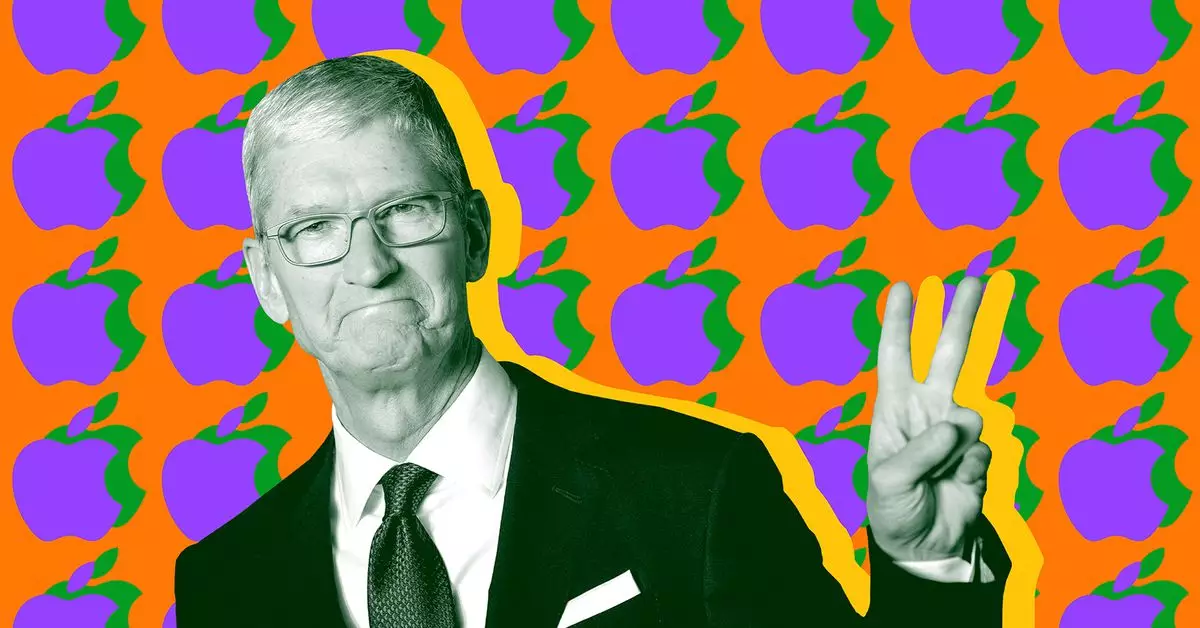In recent years, the intersection of technology and politics has become increasingly significant, reshaping the ways in which leaders in the tech industry engage with governmental power. A conspicuous illustration of this trend is seen in the behavior of major tech executives who have made substantial donations to political figures, particularly during high-stakes events such as presidential inaugurations. The recent contribution of $1 million by Apple CEO Tim Cook to President-elect Donald Trump’s inauguration committee underscores this evolving dynamic.
The motivations for such contributions are often multifaceted. According to reports from Axios, Cook’s move comes in the wake of donations from other notable figures within the tech sector, including OpenAI CEO Sam Altman and Amazon founder Jeff Bezos. These contributions indicate a strategic approach to foster favorable relationships with the incoming administration, as many executives believe that aligning themselves with political power can benefit their companies in terms of favorable regulations and access to government resources. The nature of these contributions also highlights a competitive landscape where tech leaders actively seek to connect with political authority, an arena traditionally dominated by sectors such as finance and energy.
Cook’s relationship with Trump is not a new phenomenon; it has been cultivated over time through several engagements, including direct meetings at Trump Tower and the Mar-a-Lago resort. This rapport may provide Cook with an advantage, allowing Apple to navigate the complicated world of tech regulation and policy-making more effectively. The notion that Cook is donating out of a sense of “spirit of unity,” as suggested by unnamed sources, brings up a series of questions. Is this a genuine commitment to fostering togetherness, or an opportunistic maneuver aimed at ensuring Apple’s interests are safeguarded under an administration that is often wary of Big Tech?
Though Cook’s motivations may be couched in terms of unity and tradition, skeptics could argue that such actions betray an inherent desire for influence over policy. The narrative that follows shows a stream of tech executives, such as Elon Musk, socializing and strategizing together. This suggests a coalition of tech magnates striving to position themselves as essential players within the political framework, further complicating the public’s perception of corporate motives.
The increasing trend of corporate donations to political causes raises critical questions about the influence of vast wealth on democracy. If the top echelons of the tech industry exert substantial influence over political decisions, does this not pose a risk to democratic principles, given that this influx of funds may drown out the voices of ordinary citizens? This evolving relationship between tech and politics necessitates a thoughtful examination of the ethical implications and potential consequences of such financial dynamics.
As tech leaders continue to navigate the political sphere, the blurred lines between corporate interests and public service raise important questions about the future of democracy itself. Tim Cook’s substantial donation to Trump’s inauguration is far from an isolated instance; it is a reflection of a broader trend that will require scrutiny as we move forward into an era where the power of technology and politics intertwine more than ever before.

